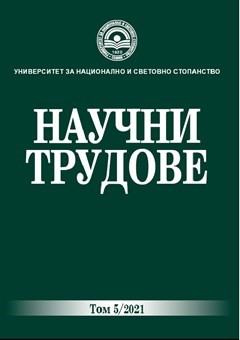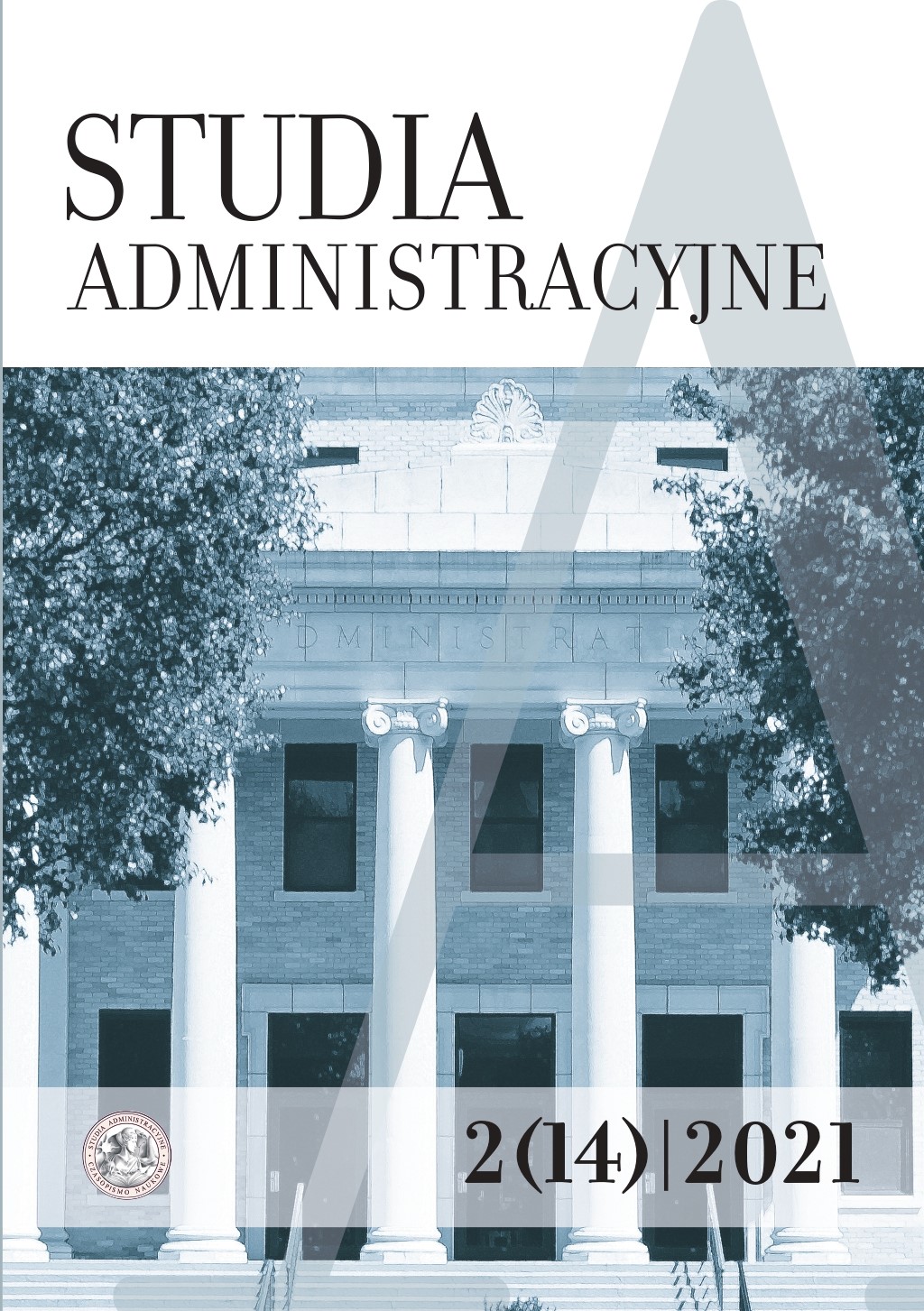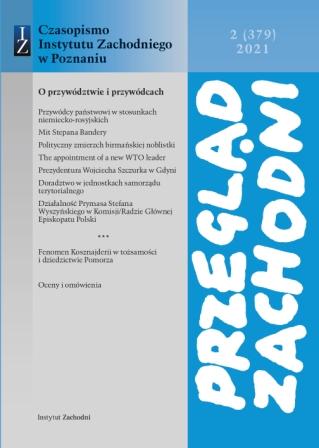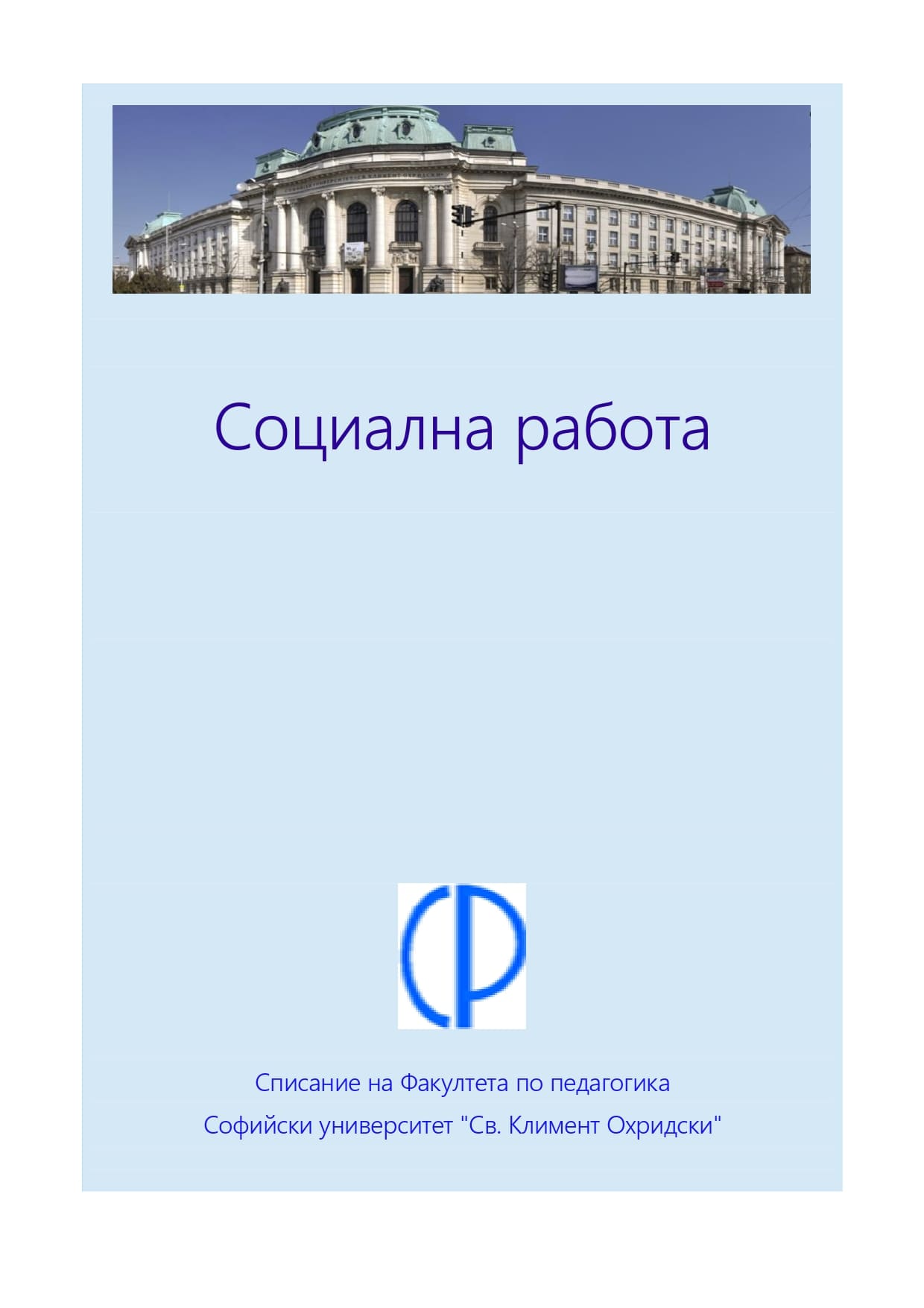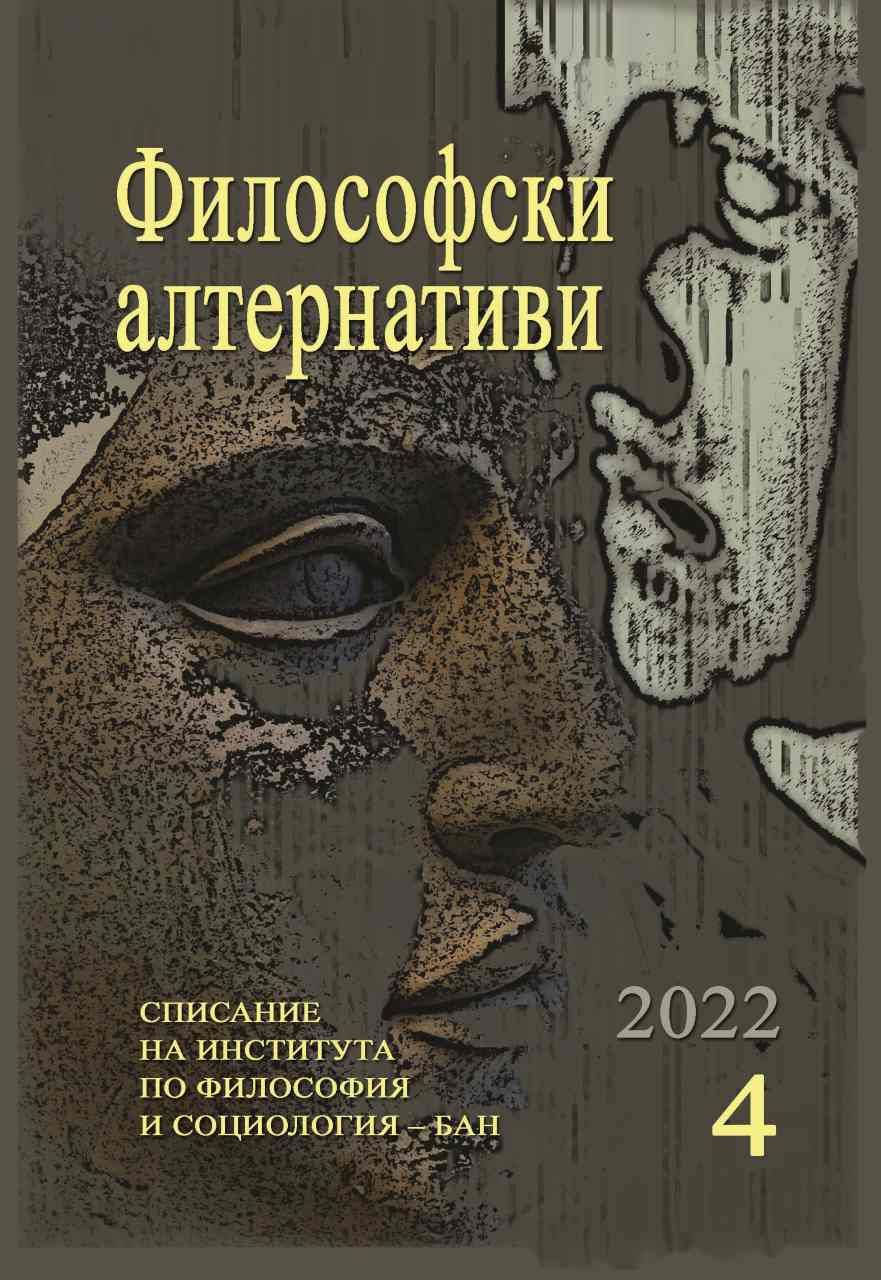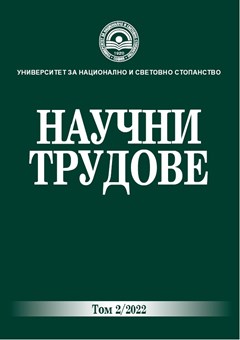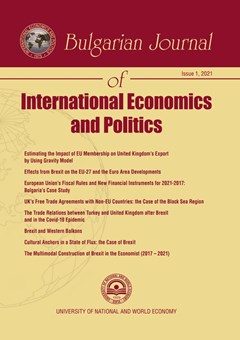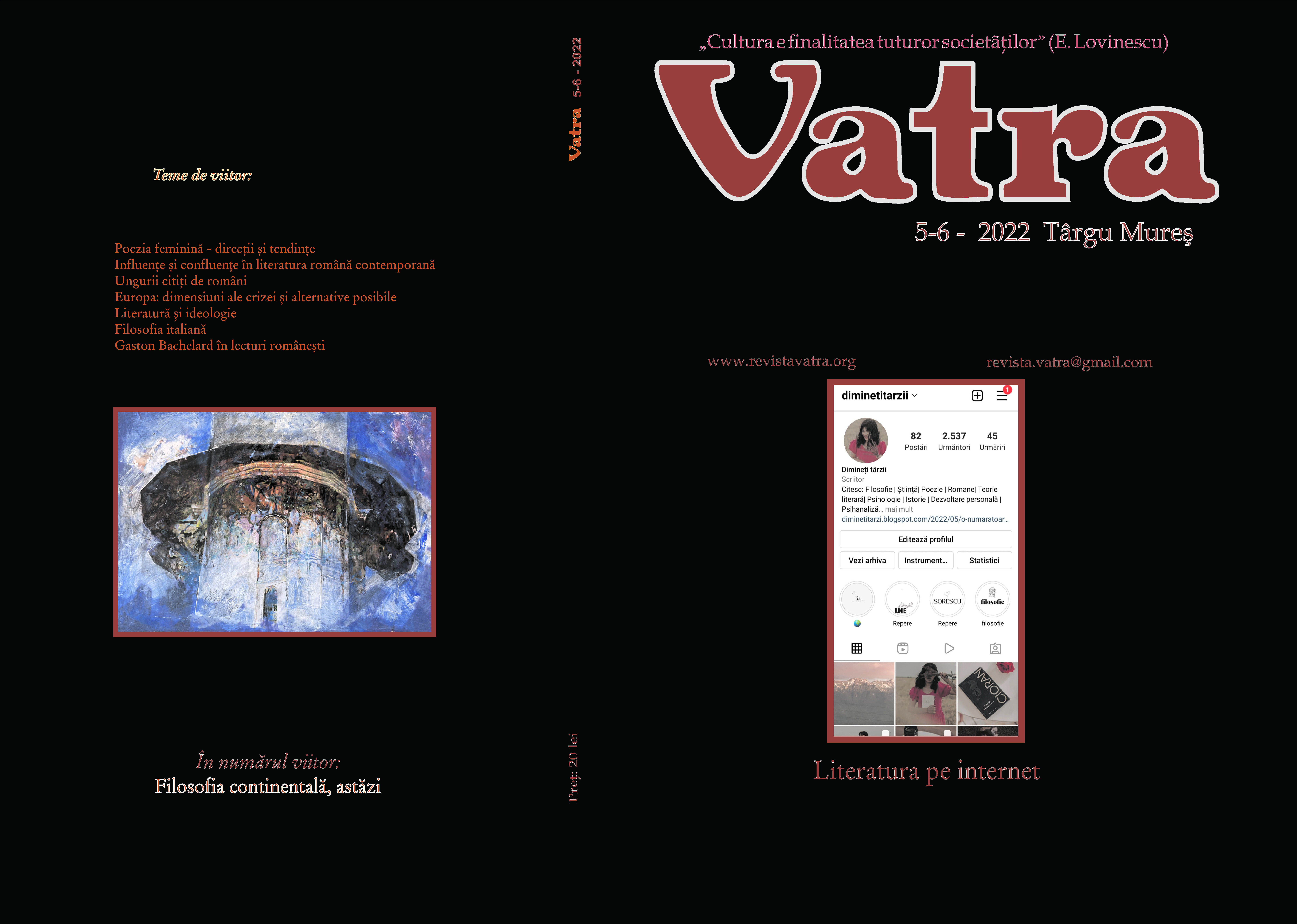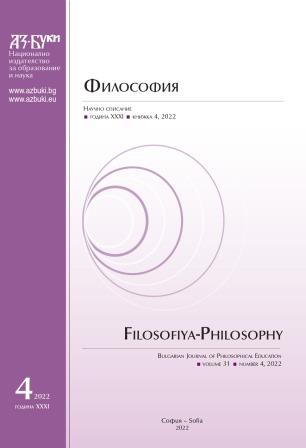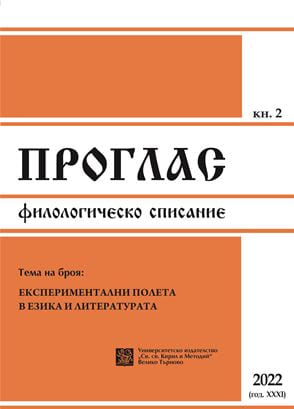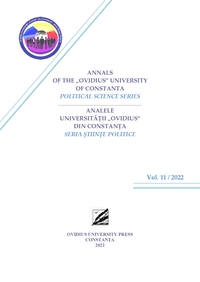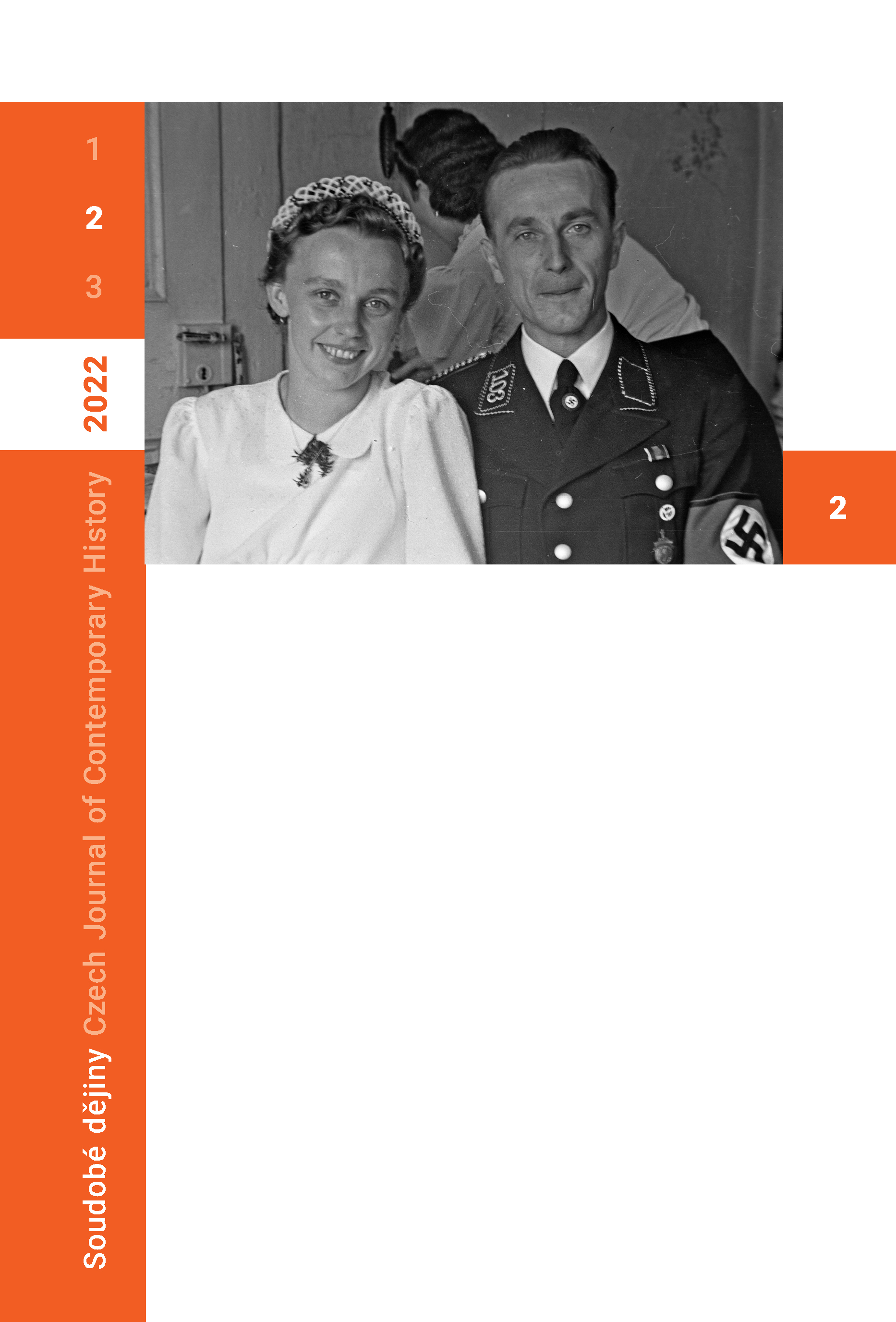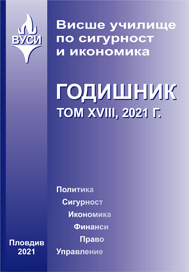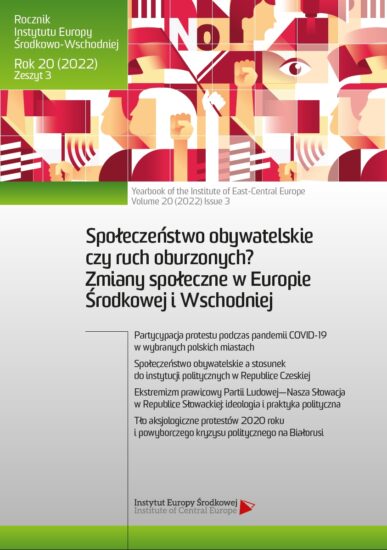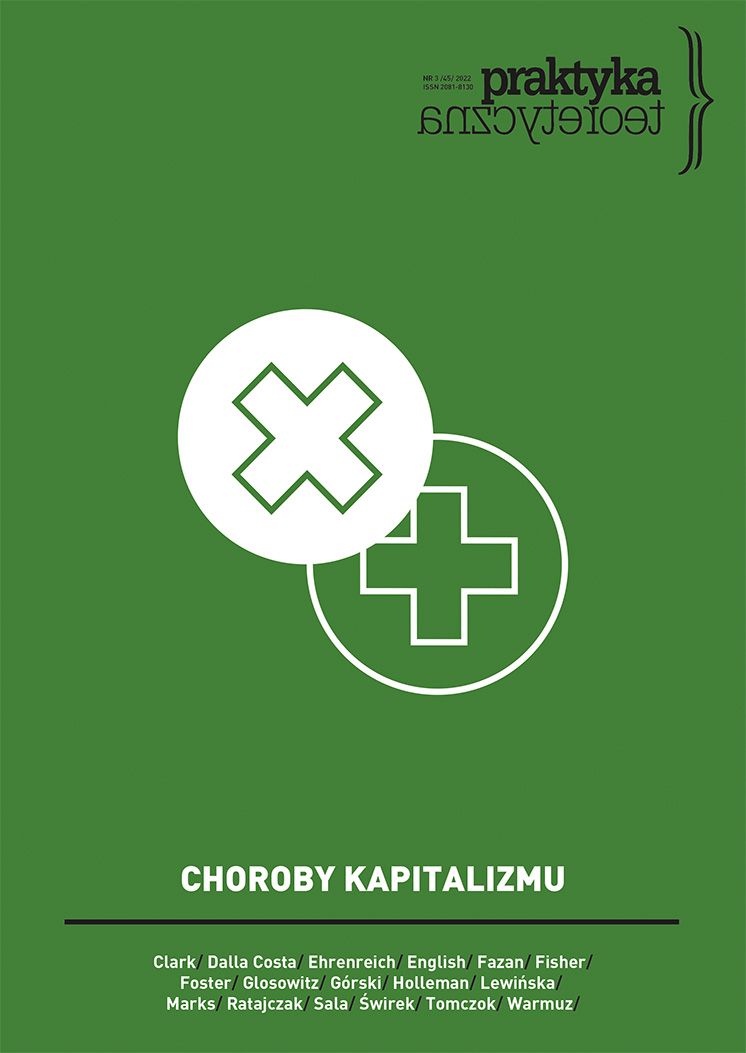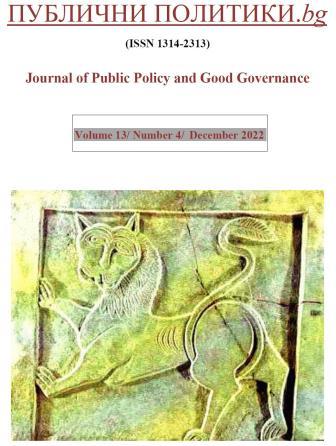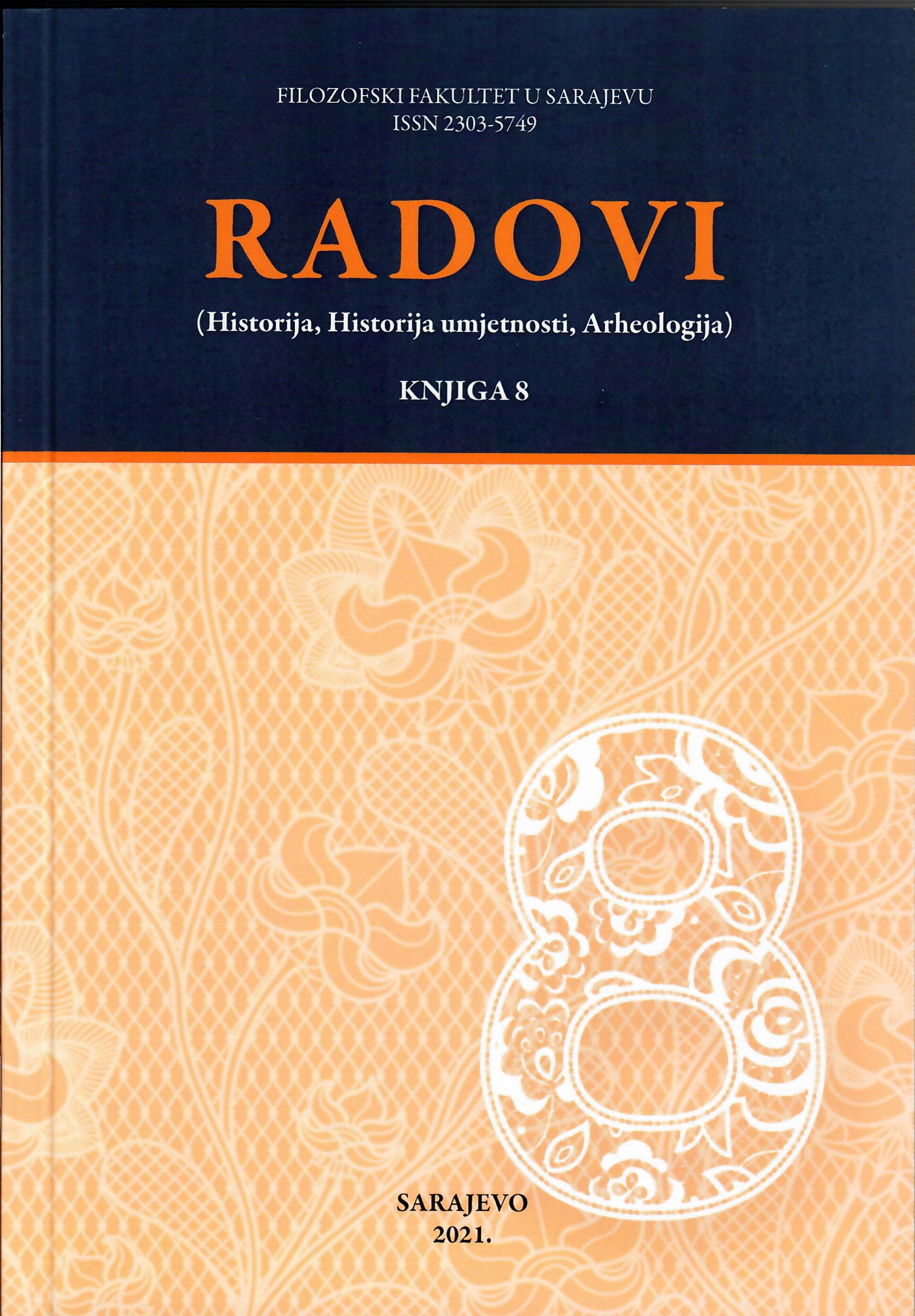
“Meka” i “tvrda” moć u islamskoj literaturi političkih saveta
This article explores how modern leadership theories revolving around the distinction between “soft” and “hard” power are prefigured in medieval Islamic political writing. In particular, it advances a new interpretation of Ibn al-Ṭiqṭaqā’s al-Fakhrī (On the Systems of Government and Muslim Dynasties, 701/1302), focusing on the Arab historian’s narrative about the factors that resulted in the decline of the ‘Abbasid Empire and the rise of the Mongols as a world power. It also discusses Ibn al-Ṭiqṭaqā’s ideas on good government, drawing links to other major Muslim political theorists and historians, notably Ibn al-Muqaffa‘ and Ibn Khaldūn. Finally, this study examines Ibn al-Ṭiqṭaqā’s views on successful and failed leadership in a cross-cultural context through comparison with Niccolò Machiavelli’s Prince.
More...
